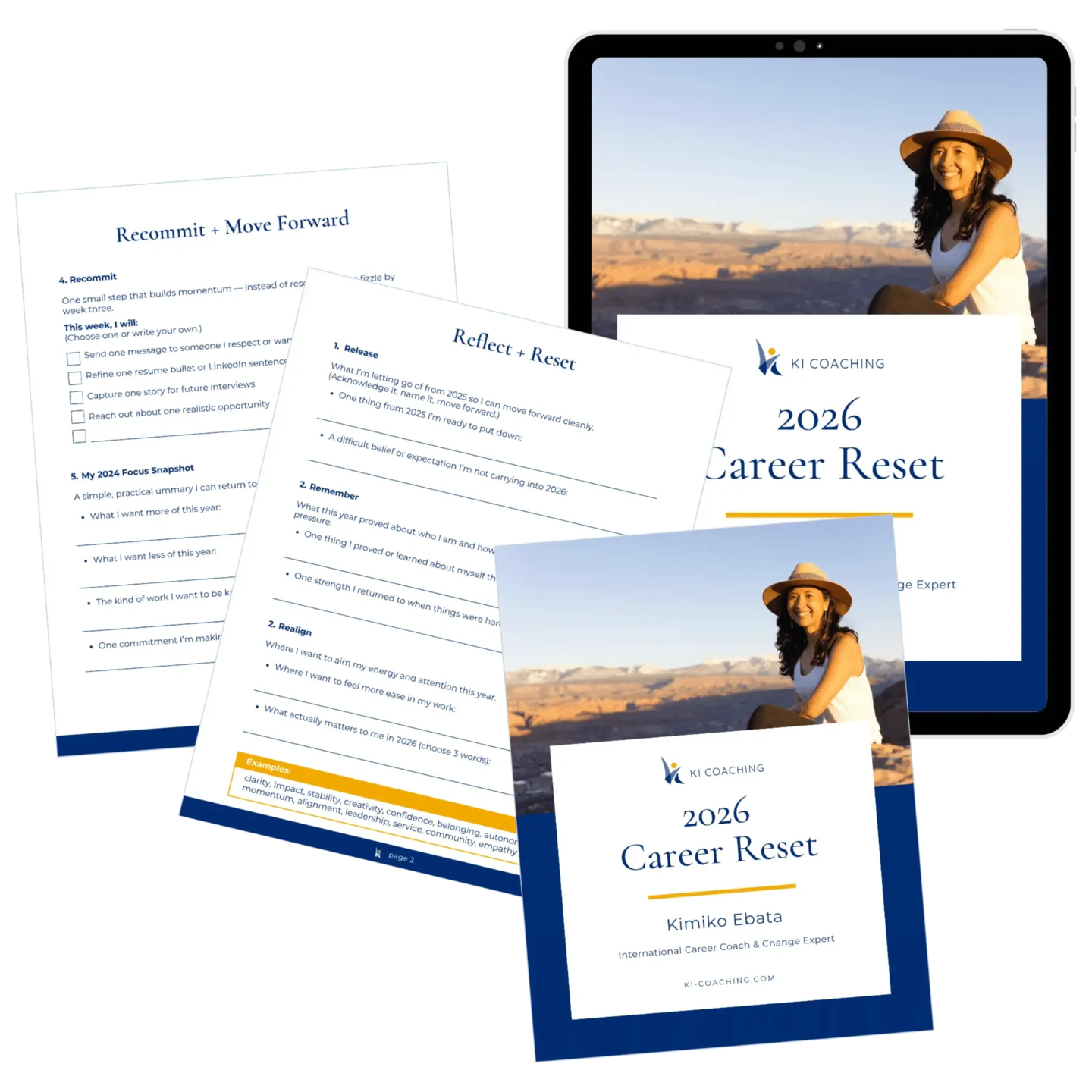Reinspiring Your Purpose When On The Verge Of Burnout
Jan 19, 2022
In a time when so many workers are out of work due to COVID-19 or are resigning from their jobs in search of greener pastures, it feels like we are continuing to drown in grief and loss. However, buried underneath this darkness, there are seeds of hope. If we choose to find the silver linings, we can use this unique time as an opportunity to recalibrate, reset, and reinvent.
The pandemic has given each of us the chance to uncover new identities, roles, and jobs that are better suited to our skills, desires, and purpose. For those who are looking for a life of impact and meaning, it might be time to blaze a new trail, and I’d like to offer insight on how to do it.
During my time as a career coach and advisor, I have professionally counseled hundreds of people at pivot points, situations where the next step isn’t always clear. Those who used these opportunities to progress toward purpose-driven, richer lives did so by paying attention to and aligning 3 ideas or what I call the three Ts: talents, truths, and tribes. For each, I’ve also included strategies that you can use to further cultivate these dimensions, reigniting your sense of purpose, even while on the verge of burnout.
1. Talents: These refer to the skills that you probably were born knowing how to do, or at least you began with a natural gift and have honed and sharpened it since. These aptitudes should not just include what you can do and the “hard” skills that are most desired by the world, but more particularly the focus should be on the natural abilities that you most love to use and should include your “soft” skills. These emotional and social intelligence-based abilities matter more than IQ in the workplace, and are by far the most important character traits of senior leaders, as proven through Daniel Goleman’s research in his 1995 bestseller Emotional Intelligence.
Exercise: Call three friends or close colleagues and pose this question to them: “Why are you friends with me?” Remind them that they could be friends with millions of other people, but they choose to continue to invest time and energy into your friendship. Why? Encourage them to be as specific as possible with their reasoning; specific scenarios can help. This exercise will not only deepen these connections, but will also help to boost morale during these challenging times.
2. Today’s Truths: Zero in on what you hate about your job. This will help you better understand what's really bothering you and how you might address it in your next role. You owe it to yourself to not just think about ‘What do I most complain about?’ but ‘What would be a remedy for that complaint?’ whether that is work-life balance, better pay etc. Get as specific as possible, and remember that hating “everything” is not a clarifying response.
Exercise: Create a two-column table. In the first column, make a list of all aspects of your job that you hate. Once you have this negative list of what you’re trying to avoid in your next job written in the first column, write down its opposite, or something near the opposite. If one of the complaints you listed in the first column was “I am micromanaged, supervised every minute of my day,” the opposite for the second column might be “limited supervision.” This can be a cathartic and solutions-based activity, especially for those who are looking to identify qualities in a job and/or employer that would make for a better fit.
3. Tribe: Cultivating close connections involves generating new opportunities, sharing your work, and gaining insights from the best. I recommend creating a list of 20 individuals (strategic contacts, previous/current mentors, potential employers); the goal is to establish lasting and meaningful relationships that go beyond just social media messages. As you develop the list of your talents and your professional and workplace truths, it will be helpful to get additional information and insights from these experts, whose stories you can learn from.
Exercise: Make a list of the types of jobs that you’re curious about and the professional bios in this field that you could learn from. Refer to this blog post for additional strategies and recommended questions for the conversation. The pandemic has expanded our sense of connection and community, not limiting the relationships that we cultivate to our local area. The decrease in work travel and commuting time has also provided busy professionals with more time to connect and mentor others. These close connections will deepen our sense of solidarity and strengthen our professional community.
These three Ts reinforce one another in a virtuous circle: the connections that are cultivated in your tribe lead to opportunities to further develop your talents, which get you closer to your professional truths, a reality which naturally leads to new possibilities through other connections, and so on.
As the pandemic continues, I urge you to use this moment to turn uncertainty into opportunity by reigniting your purpose to become a better version of you and make a difference.
Now, with these dimensions in mind and according to the advice of Mary Oliver, “Tell me, what is it you plan to do with your one wild and precious life?”
Subscribe for free professional tips and career advice
We hate SPAM. We will never sell your information, for any reason.


